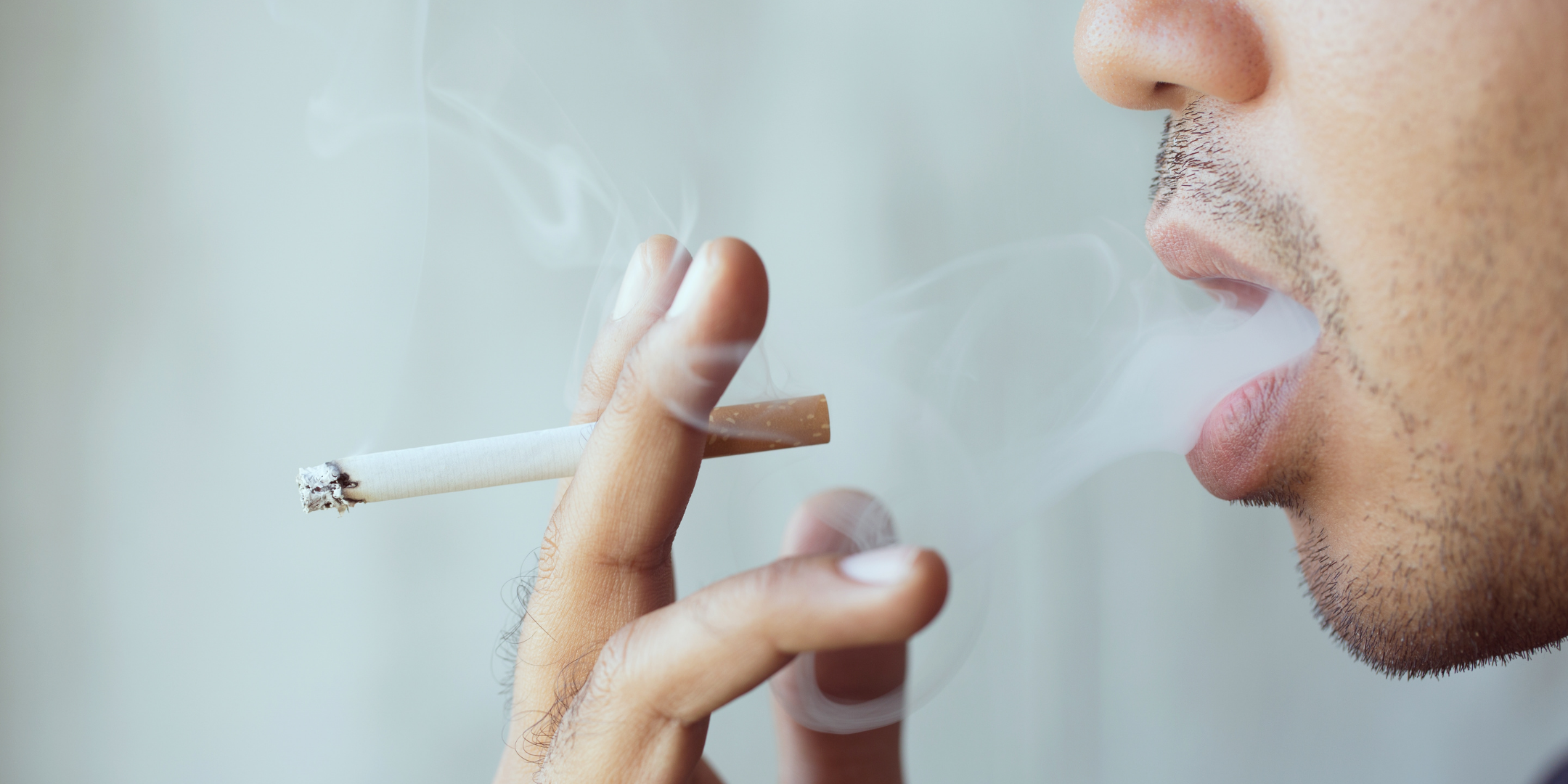LifeLong Medical Care’s Tobacco Cessation Work
Blog contributed by LifeLong Medical Care
Dr. Samali Lubega, is the Associate Medical Director of LifeLong Medical Care’s East Oakland Health Center, which offers a tobacco cessation program. She was recently interviewed for two national health stories about the proposed FDA ban on menthol cigarettes and identified it as a health equity issue in Black communities. While the national ban may take a year to go into effect, cities in California have already banned menthol cigarettes. In East Oakland, more than 20% of Dr. Lubega’s patients are smokers and statistics look different based on race.
I am hoping my patients have a fair chance at successfully quitting … – Dr. Lubega
“Where there are predominately Black neighborhoods, we see upwards of 20% of the population smoking and when you drill down to menthol cigarettes, we see that same pattern that anywhere from 65% to 90% of all the African American people who smoke, are smoking menthol cigarettes.”
Dr. Phillip Gardiner, a co-chair of the African American Tobacco Control Leadership Council, has been trying to change tobacco policy for over a decade. He said big tobacco has doubled down on the Black community since the 1940s.
“[They] started sponsoring events in the Black community like the Cool Jazz Festival and started to use our lingo like ‘Papa’s got a brand new bag,’” Gardiner said. “That’s what we call the African-Americanization of menthol cigarettes.”
In the 1950s, only 10% of Black smokers used menthols. Now, 85% of Black adult smokers and 94% of Black youth smokers use menthol.
Dr. Lubega hopes the national ban will help the Black community.
“What I am hoping for, for my patients, is just that they have a fair chance at successfully quitting and at raising the next generation without this disproportionate influence of the tobacco industry and this will go a huge way to really lift that weight off the shoulder of these communities.”
“One of the most surprising things we’ve been seeing and hearing about is how this is playing out among our youth,” Lubega told Healthline.
She said young people have said once vaping was banned, some of them turned to menthol cigarettes.
“That’s a very scary proposition that they might become dependent on menthol cigarettes as an alternative,” Lubega said.
Here’s an example of why she believes a ban could work.
Lubega said one of her patients who was trying to quit menthol cigarettes had turned to smoking flavored cigars. After the city of Oakland banned menthol cigarettes last year, he told her it was getting harder to find them.
You can read the full stories here:
